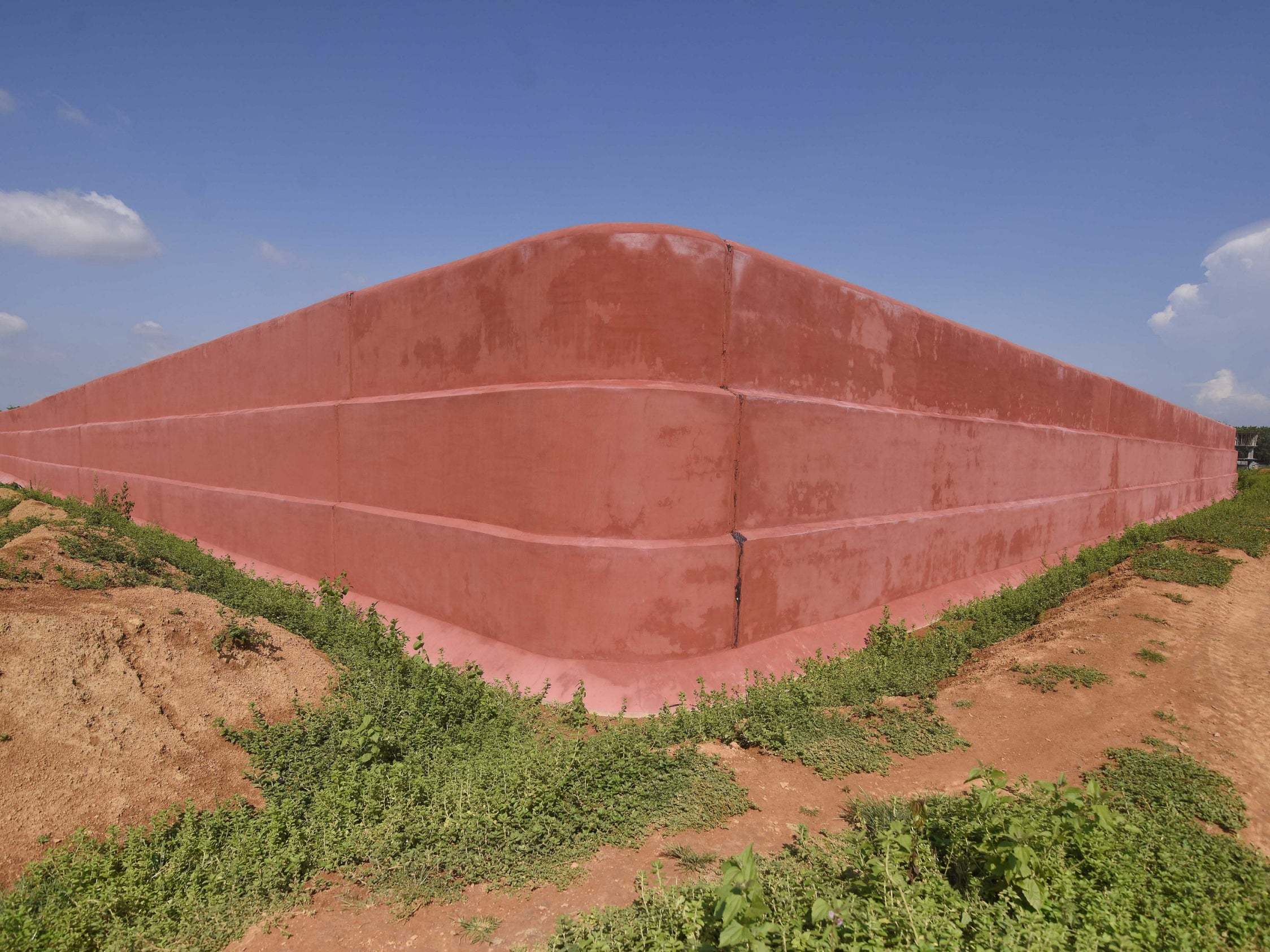India builds detention camps for up to 1.9m people ‘stripped of citizenship’ in Assam
Ten centres ‘planned’ across northeastern state after national register published
Your support helps us to tell the story
From reproductive rights to climate change to Big Tech, The Independent is on the ground when the story is developing. Whether it's investigating the financials of Elon Musk's pro-Trump PAC or producing our latest documentary, 'The A Word', which shines a light on the American women fighting for reproductive rights, we know how important it is to parse out the facts from the messaging.
At such a critical moment in US history, we need reporters on the ground. Your donation allows us to keep sending journalists to speak to both sides of the story.
The Independent is trusted by Americans across the entire political spectrum. And unlike many other quality news outlets, we choose not to lock Americans out of our reporting and analysis with paywalls. We believe quality journalism should be available to everyone, paid for by those who can afford it.
Your support makes all the difference.The Indian government is building mass detention camps after almost two million people were told they could be effectively stripped of citizenship.
Around 1.9m people in the north-eastern state of Assam were excluded when India published the state’s final National Register of Citizens (NRC) list in August.
Those excluded from the register will have to appeal to prove they are citizens. The UN and other international rights groups have expressed concern that many could be rendered stateless.
The citizenship list is part of a drive to detect illegal immigrants in Assam.
The Indian government claims that the migrants have arrived from neighbouring Muslim-majority Bangladesh.
Critics say that the register has upended the lives of Muslims who have lived legally in the state for decades.
Those appealing to be put on the register will need to provide documentation, such as birth certificates, dating back decades.
Record keeping in parts of rural India is poor and many, including those building the camps, have been caught out by the NRC’s stringent requirements.
“We don’t have birth certificates,” Malati Hajong, one of the labourers working at a site near the village of Goalpara, told the Reuters news agency.
The Goalpara camp is one of at least 10 planned detention centres, according to local media reports.
It is around the size of seven football pitches and designed to hold 3,000 people.
Officials plan to have a school and hospital at the centre, as well as a high boundary wall and watchtowers for the security forces.
Critics have accused the Modi administration of using the NRC to target Assam’s large Muslim community.
But the government says it is simply complying with an order from India’s Supreme Court, which said the NRC had been delayed for too long and set a strict deadline for its completion.
Government sources say those excluded from the list retain their rights and have 120 days to appeal at local “Foreigners Tribunals”. If that fails, they can take their cases to the High Court of Assam and ultimately the Supreme Court. What happens to those who fail at all levels of appeal is yet to be decided, they said.

Last month the local chapter of India’s ruling Bharatiya Janata Party expressed dismay after it became apparent that many Hindus had also been excluded from the list.
Officials said the government may pass legislation to protect legitimate citizens.
The government is already in the process of bringing legislation to grant citizenship to Hindu, Sikh and Buddhist immigrants from neighbouring countries.
Muslim immigrants are not included in the law.
The nationalist, hardline Rashtriya Swayamsevak Sangh (RSS) group also called for genuine citizens to be included in the list after it emerged that Hindus had been affected. The RSS and BJP are closely affiliated.
Additional reporting by agencies

Join our commenting forum
Join thought-provoking conversations, follow other Independent readers and see their replies
Comments